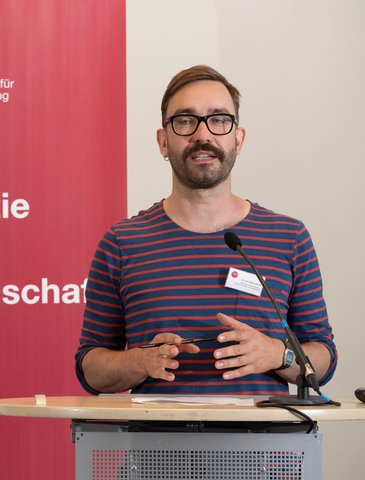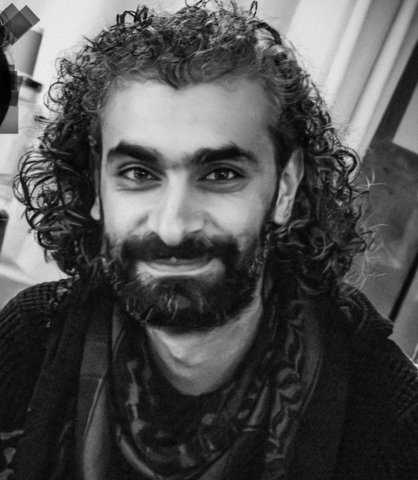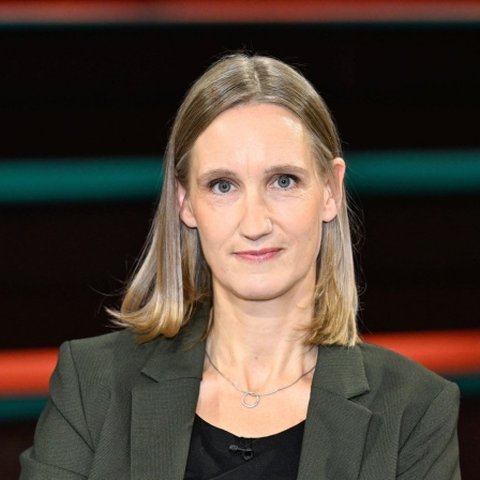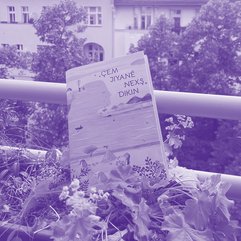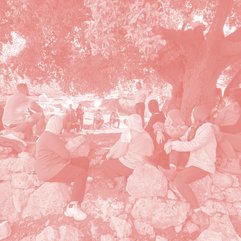Time to Talk: Misunderstood, Defamed, Criminalized – Solidarity with Palestine in Germany
A discussion on strategies against dehumanization and radicalization
19.00-22.00
Save the Date
for adults
in German

Standing in solidarity with the people of Palestine is a delicate balancing act in Germany and it requires courage. Since October 7, 2023, symbols of Palstinian identity and culture—such as the scarf (keffiyeh), the flag, and the watermelon—have been portrayed as problematic, interpreted as support for Hamas, and even banned in certain contexts. Scholars refer to this phenomenon as anti-Palestinian racism. It involves denying the existence of Palestinians as a community, demeaning and vilifying Palestinian identity. This is not a new phenomenon—the commemoration of the Nakba, for example, has long been hindered or outright criminalized—but it has intensified significantly.
The European Legal Support Center (ELSC) documents examples of discrimination against Palestine solidarity in its own database, the Index of Repression. It records 766 incidents, including censorship, canceled events, media smear campaigns, arrests, police violence, house searches, dismissals, and financial sanctions. Those affected are primarily people with Palestinian migration backgrounds, but also others who express solidarity. In Germany, anyone who calls for an “end to the genocide in Gaza” or a “free Palestine,” who advocates resistance against occupation or a boycott of Israeli institutions or companies, is quickly labeled an “Israel-hater” or “antisemitic.”
The panel discusses which narratives and prejudices underlie anti-Palestinian racism and what historical continuities are reflected in it. What distinguishes anti-Palestinian racism from other forms of group-based hostility such as antigypsyism, antisemitism, or anti-Muslim racism? How important is it to name it as a distinct form of racist discrimination? The goal is to better understand these dynamics in order to counter them more effectively. What needs to happen for those who oppose Israel's actions in Gaza and the West Bank to publicly declare their disapproval and express solidarity with the Palestinians? What roles do politics, media, and academia play? What strategies help in the fight against dehumanization and defamation? And where can potential allies be found?
This event is supported by the Schöpflin Stiftung, the Stiftung Mercator, the Robert Bosch Stiftung and the Postcode Lotterie.
Speaker: Prof. Sabine Schiffer, Qassem Massri, Dr. Peter Ullrich and Natali Gbele
Moderation: Kristin Helberg



